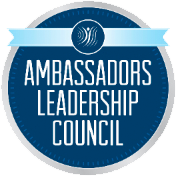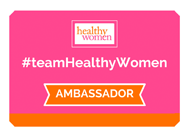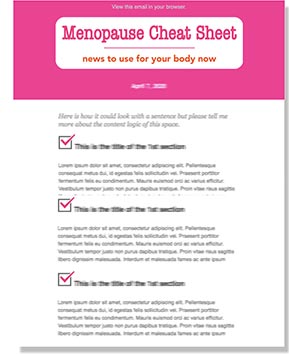Did you know that 90% of adults in the U.S. carry the HSV-1 virus that is responsible for cold sores on the lips?
I was recently invited to a lovely breakfast event hosted by Carmex, to learn all about a new product (Sorry, everyone! It’s all hush-hush until mid-August, so be sure to stop back here then to get the scoop!). It was my good fortune to be seated next to one of the country’s leading dermatologists, Neil Sadick, M.D., who also happened to be the guest speaker.

Here is a bit of what I learned from Dr. Sadick:
Barbara Hannah Grufferman: What causes a cold sore?
Neil Sadick, MD: Cold sores are caused by the herpes simplex virus. There are two strains of the virus, HSV-1 and HSV-2. HSV-1 causes the blisters on the mouth, while HSV-2 causes genital herpes (an entirely different issue altogether).
Once you’re infected with the HSV-1 virus, it’s with you for life but could lie dormant . . . meaning some people might never experience a cold sore, even if they have the virus.
BHG: What triggers a cold sore?
NS: A cold or flu accompanied by fever can trigger an outbreak (that’s why they’re often called “fever blisters”) because your immune system is weak, allowing a cold sore to happen. A sunburn can also cause a cold sore to pop up, so your friend is completely right in wanting to avoid the sun to help avoid cold sores.
BHG: When are cold sores considered contagious?
NS: Some people think cold sores, which can last a week or longer, are contagious only when there’s a sign of a blister, but that’s not true. In fact, they are contagious from the first tingle you feel (which is the first sign that one is about to show itself), and remain so until the sore is completely healed.
BHG: What are some of the most common home remedies that don’t really seem to work?
NS: People try all different kinds of easy fixes, most of which just don’t do the trick, and in fact, can exacerbate the situation. Some of the most common ones include applying nail polish remover to the area (yikes!!) in an effort to dry it out with alcohol, rubbing the blister with ice to relieve pain and swelling, dabbing vanilla extract and black tea on the blister to capture their antioxidant and antibacterial benefits. But, while some of these remedies might work on other health issues, they don’t seem to do much good in fighting viral cold sores.
BHG: What do you recommend to your patients who suffer from cold sores?
NS: Using a cold sore treatment that is specifically created to deal with blisters, like Carmex Cold Sore Treatment, is what I tell my patients to do as soon as they feel that tell-tale tingling around the mouth area, which means a blister is about to emerge.
This is what I’ve recommended to my friend, and to any of you who might have occasional cold sore flareups: steer clear of the sun, stay healthy, and use a product that is specifically formulated to heal cold sores. Carmex Cold Sore Treatment can be worn under lipstick or concealer, and helps keep lips moisturized, relieves the pain and itching,  and has special light-reflecting ingredients to minimize the appearance of cold sores. Don’t forget the hat!
and has special light-reflecting ingredients to minimize the appearance of cold sores. Don’t forget the hat!
DOWNLOAD AND PRINT A MONEY-SAVING COUPON FOR CARMEX COLD SORE TREATMENT RIGHT NOW!


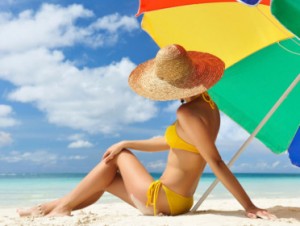
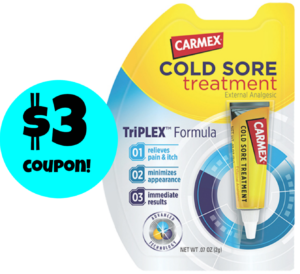 and has special light-reflecting ingredients to minimize the appearance of cold sores. Don’t forget the hat!
and has special light-reflecting ingredients to minimize the appearance of cold sores. Don’t forget the hat! 

























































